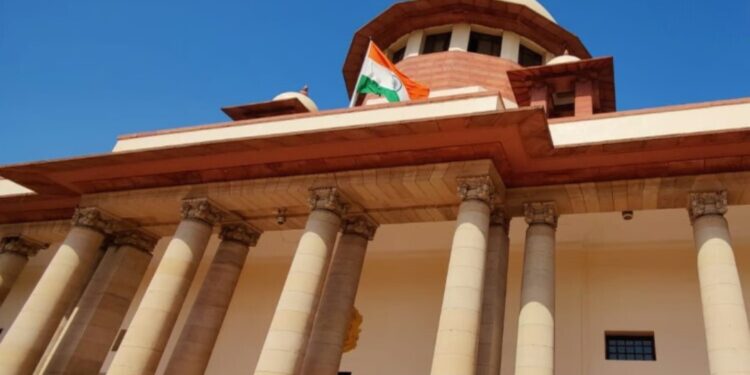The Supreme Court on Wednesday urged trial courts to avoid granting long adjournments after the examination-in-chief of witnesses, warning that such delays could compromise the fairness of the trial and potentially endanger the safety of the witness [Surender Singh v. State (NCT of Delhi)].
The bench, comprising Justice Sudhanshu Dhulia and Justice Rajesh Bindal, emphasized that, as much as possible, the defence should be required to cross-examine the witness on the same day or the following day after the chief examination.
“Only in very exceptional cases, and for reasons to be recorded, the cross-examination should be deferred. A short adjournment can be granted after taking necessary precautions for the witness, if required,” the Court stated.
The Court noted the need to highlight this issue as it had observed that trial courts frequently adjourn cross-examinations without sufficient justification.
“This Court has, on multiple occasions, condemned the practice of trial courts deferring examinations without adequate reasons,” the bench remarked, referring to previous rulings.
The Court reiterated that requests for deferral must be based on valid reasons that justify postponing the cross-examination of the witness.
The Court was hearing an appeal filed by a former police guard challenging his conviction and life sentence in a murder case.
Surender Singh, the convict, was found guilty of murdering a man alleged to have been in an illicit relationship with his wife inside the Mayur Vihar Police Station in 2002.
After his conviction was upheld by the Delhi High Court in 2011, Singh appealed to the Supreme Court.
The prosecution’s case relied heavily on the statement of an eyewitness, a female head constable who was also injured in the incident.
Upon reviewing the record, the Court found that she had not been cross-examined immediately after her examination-in-chief.
In this context, the Supreme Court emphasized the importance of timely cross-examinations.
“We want to emphasize that deferring cross-examinations without sufficient reasons is not a healthy practice. Courts should be cautious in delaying these matters. The mandate of Section 231 of Cr.PC and the law laid down on this subject must be followed in letter and spirit,” the bench stated.
However, the Court noted that in this case, the delay in the eyewitness’s cross-examination did not affect the trial, as her testimony remained consistent.
The Court also found other evidence against Singh to be overwhelming and concluded that it was a clear case of murder.
“The motive for the appellant (the deceased was having an affair with the appellant’s wife) and the execution of the crime at the Police Station all point towards the murder committed by the appellant inside the police station. The firearm injury with blackening at the entry point indicates that the deceased was shot at close range,” the Court said.
Rejecting the defence arguments of self-defence and sudden provocation, the Court found no evidence to support “this bizarre line” of defence.
“The defence’s claim that the deceased came to the Police Station ‘unarmed’ to kill the appellant, who was armed, is an awkward attempt to portray the deceased as the aggressor. It does not make any sense,” the Court said, dismissing the appeal.
Singh had been granted bail by the top court in 2012. With the dismissal of his appeal, he was directed to surrender before the trial court within four weeks.
Advocate Arun K Sinha represented the convict.
Advocate Mukesh Kumar Maroria represented the State.

















